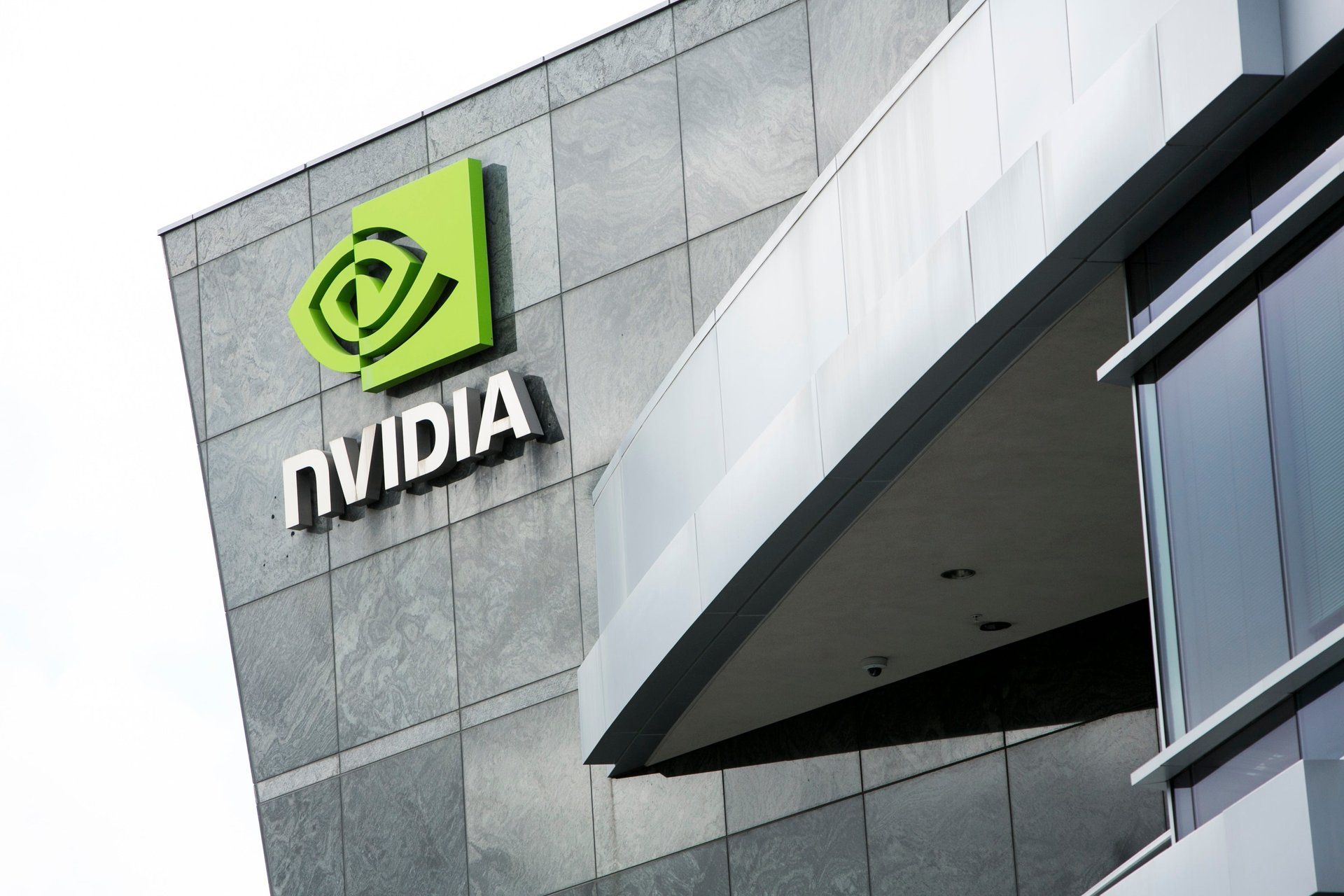Nvidia earnings have analysts looking forward to its new AI chip Blackwell
The chipmaker's stock fell as investors appear unimpressed by another big earnings beat

Nvidia (NVDA) may have beat expectations again with its second-quarter earnings, but this time, investors don’t seem quite as impressed.
Suggested Reading
In another record-setting quarter, Nvidia reported second-quarter revenue of $30 billion for fiscal year 2025 — up 122% from a year ago. Despite sequential growth of 15%, the chipmaker’s stock was down around 3.9% in pre-market trading on Thursday, and was down around 5.9% during mid-day trading. Ahead of the report, Nvidia’s shares were down around 2% at the market close on Wednesday.
Related Content
Nvidia set its third-quarter revenue guidance at $32.5 billion, plus or minus 2% — slightly above the average analysts are expecting, but below top end estimates.
The company’s stock is expected to be “volatile” due to the sales outlook, Vivek Arya, a research analyst, said in a Bank of America (BAC) Global Research report on Wednesday. While Arya noted strong demand for Nvidia’s Hopper chips —which the company expects will grow in the second half of the year — “uncertainties around Blackwell ramp timing remains.” The Blackwell artificial intelligence platform’s production ramp is set to start in the fourth quarter into fiscal year 2026, according to Nvidia.
Jefferies (JEF) analysts also noted Nvidia falling short of guidance expectations, but said in a note on Wednesday, “the important point is that the Blackwell delay is in the rearview mirror.” Earlier this month, Nvidia’s shares fell after a report that Blackwell was delayed due to design flaws.
The chipmaker said in its second-quarter earnings report it made a change to its Blackwell GPU mask to “improve production yield.” Richard Windsor, founder of the research firm Radio Free Mobile, said the design changes are “irrelevant as Blackwell has no competition and customers will be more than happy to wait for their turn to pour cash into Nvidia’s coffers.”
And while Nvidia’s earnings “indicate that the AI revolution remains alive and well, the smaller beat compared to the previous quarters adds to the multiple warning signs across the tech space earlier in this earnings season,” Thomas Monteiro, senior analyst at Investing.com, said in commentary shared with Quartz.
As expenses grow for tech companies alongside rising prices for AI infrastructure, “companies are growing increasingly conscious of their margins when it comes to AI,” Monteiro said, meaning customers “may need more time to get to the type of spending growth the market had previously predicted.”
While this doesn’t look good for Nvidia “given that the company can only benefit from a sense of urgency amongst other companies before the competition begins to catch up,” Monteiro said investors shouldn’t worry about a deeper selloff.
Companies are still spending on data center chips “regardless of the costs on the other end of the balance sheet,” Monteiro said, and because Nvidia is “the sole owner of the market’s most valuable commodity,” it has the power to continuously change prices based on market demand. Monteiro expects the chipmaker to beat expectations in future quarters.